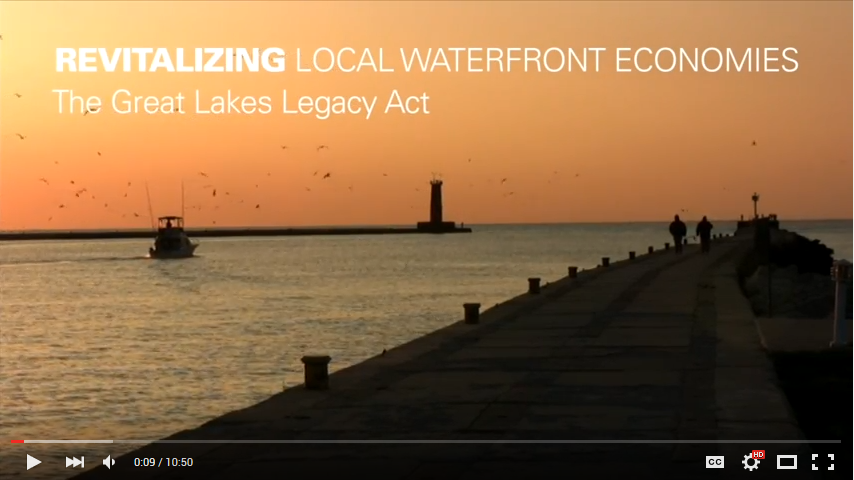

Bugged by invasives? Get the latest research updates, management recommendations, success stories, and resources to manage invasive species effectively on May 22 at the Illinois Invasive Species Symposium in Champaign.
**Bonus: Our very own Aquatic Invasive Species Specialist, Katie O’Reilly, will be a panelist! 🎉
Details and registration at go.illinois.edu/InvasiveSymposium, or click the #linkinbio.
Open to industry professionals, landowners and managers, farmers, foresters, volunteers, and environmental stewards.

Bugged by invasives? Get the latest research updates, management recommendations, success stories, and resources to manage invasive species effectively on May 22 at the Illinois Invasive Species Symposium in Champaign.
**Bonus: Our very own Aquatic Invasive Species Specialist, Katie O’Reilly, will be a panelist! 🎉
Details and registration at go.illinois.edu/InvasiveSymposium, or click the #linkinbio.
Open to industry professionals, landowners and managers, farmers, foresters, volunteers, and environmental stewards.